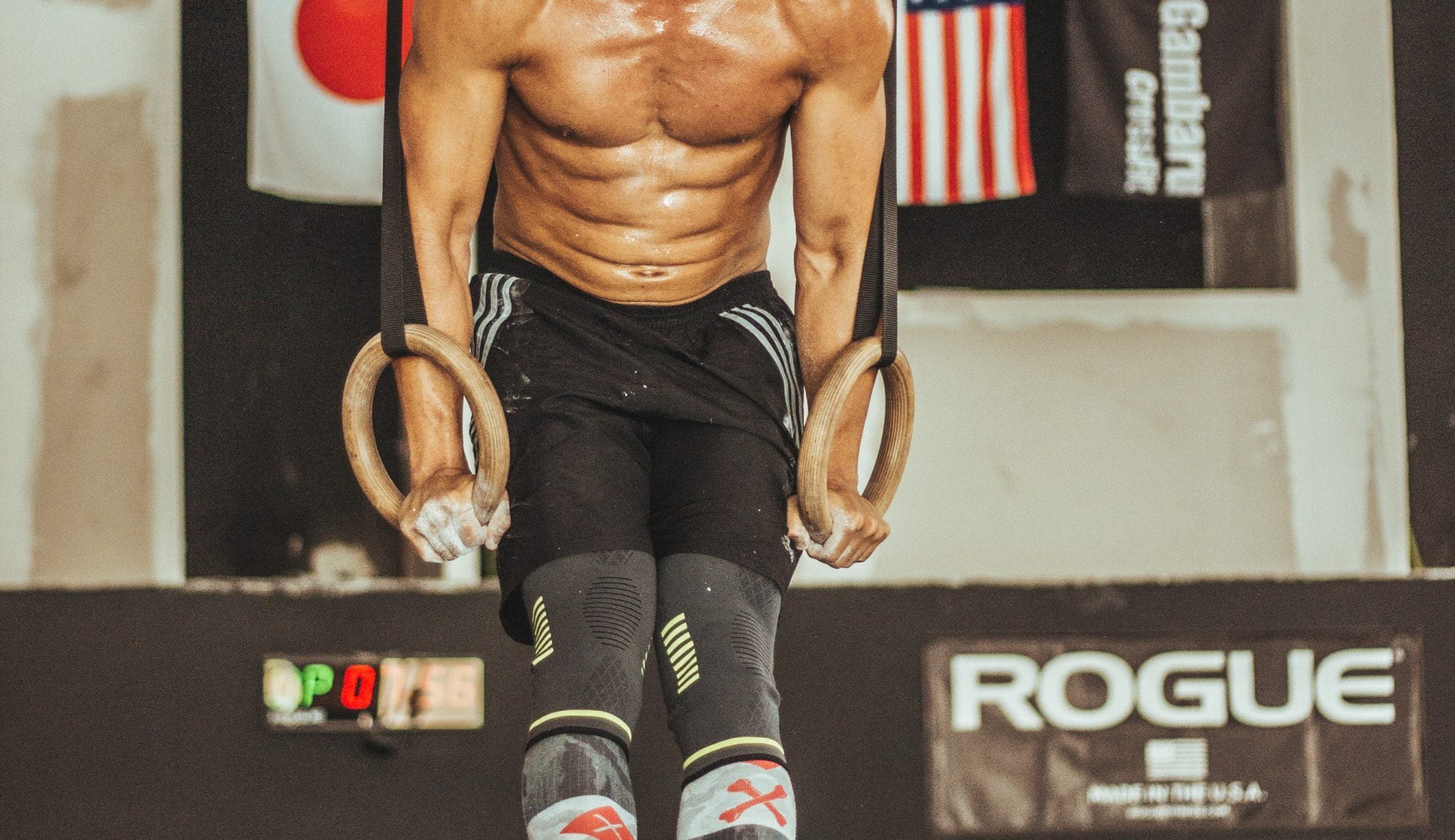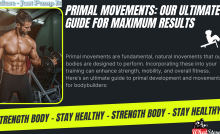The Do’s And Don’ts Of Low And High – Intensity Cardio


If you have been frustrated of all those fats in your body, it will help if you commit to loving high-intensity cardio. This might somehow be evil to some people because it is quite difficult to stick to, but still, it is worth the time and effort. This will help you in order to build endurance, look great in your outfit and shed fats. In this regard, what do you think is the best cardio exercise to follow? Should you opt for low-slow cardio or high-intensity cardio? Would it be a better idea to dance your fats away by way of Zumba? Would you rather choose to attend a spin class?
You Are Not Alone in Working Out:
Even if you have been so much overwhelmed by the many choices in store for you, remember that you are never alone. Working out may be quite complicated but it is all worth it. In the old days, powerwalking and trudging for an hour will be the best way of burning fats. Before you get panicked, take a few steps back.
Low-Intensity Cardio:
Even if circuit training, AMRAP, and HIIT are among the famous exercises known to people, low-intensity cardio is still favored by many. There will always be a place and time for doing some low-intensity cardio. This is also particularly true if you will improve your aerobic capacity and build endurance. You will also be able to burn more fats.
With low-intensity cardio, you will expect to burn some more calories. This will also be easy for your muscles and joints. This will be a perfect activity if you have injuries and you want to rehabilitate yourself.
There is nothing that will beat an easy low cardio session that helps increase that flow of the blood. In addition to that, this helps to remove the metabolic byproducts coming from your bodily tissues. This will also help increase the healing process. This will also be a lot easier and faster for you to implement.
Must Read:: What Science Says About Cardio Exercise Effects On Muscle Growth
Low-Intensity Cardio Incredibly Versatile:
Low-intensity cardio is believed to be incredibly versatile. There are potential activities that fall into this category like cycling outside, walking on a treadmill and swimming in a lake. You will only need to maintain a low intensity.
Your heart rate will fall between sixty to seventy-five percent of the maximum intensity. You will expect to get the best-burnt calories. You will also notice some significant metabolic changes. Also, you will increase the enzymes in your body to help utilize fats and carbs for energy.
Nevertheless, low-intensity cardio must be done right after you have finished your lifting session. It must as well last for about thirty to forty-five minutes that help improve respiratory and muscular endurance.
Do’s and Don’ts of Low-Intensity Cardio:
- Don’t: You will need to carry out low-intensity cardio before you try on strength training. This is due to the very reason that it could get in the way of strength gains. If you will focus on adding more muscles and gaining some strength, it will help if you will only do some low-intensity cardio.
- Do: Low-intensity cardio could be considered in mind before you go through strength training. However, you must limit your time to about ten minutes maximum.
- Don’t: Do a low-intensity cardio activity if you think that it is torturous. This is also, especially if you are miserable each minute. You will need to carry out the cardio exercise that you will be able to tolerate the best. That way, you will get only the best and most impressive results.
High-Intensity Cardio Exercises:
High-intensity cardio exercises will always be on top of the cardio realm. These are believed to be well-researched, efficient and fast. There were a lot of studies conducted before about the benefits they could offer.
These include improving the VO2 max, enhancing aerobic capacity and incinerating fats. In addition to that, there are much greater and better fat loss results achieved by following high-intensity cardio exercises. The ability of the body to utilize fats as energy is also increased.
This is especially true during the exercise. This could also result to even more excessive consumption of oxygen. This will, therefore, help you to burn a lot of calories just in several hours after the workout.
The Role of High-Intensity Cardio:
With high-intensity cardio, expect it further that it will kick your body’s metabolism. This will also bring out an even more intense disturbance in your metabolism. This will, of course, requires a lot of calories in order for you to recover. Your body will be able to spend more energy to repair the damage and to go back to homeostasis.
The protocol of High-Intensity Cardio:
As per the protocol of high-intensity cardio, it is usually a ratio measured of a high-intensity interval that is alternated during some rest periods. You will usually work at about eighty-five to one-hundred percent maximum heart rate.
This is also especially during your rest period. You will be able to stop moving entirely or even bring all the efforts to an exactly lower percentage of the maximum HR. In regard to the intensity, it will vary on the interval intensity being performed.
It means to say as well that you will work at ninety-five to one-hundred percent effort prior to the interval. You will, therefore, be able to drop it to about zero percent for the rest. If you will work at about eighty-five percent for an interval, you may dip it to about sixty percent of the max prior to the rest.
High-Intensity Cardio Proven to be a Versatile Protocol:
High-intensity cardio is proven to be a versatile protocol. This could utilize by way of straight cardio like running sprints on the track, a combination of strength and cardio work. If you want, you may try using jumping rope, treadmill high-intensity programs, and stair-stepper intervals.
Do’s and Don’ts of High-Intensity Cardio:
- Don’t: You will need to jump with both of your feet if you are a beginner. In addition to that, you must have a solid foundation of the so-called cardiorespiratory fitness. And, you need to be really free from any soft tissue and joint injuries.
- Do: A high-intensity cardio will need to be done before a back day or heavy leg. And then, you must limit the sessions to just twenty-minutes for two to three times every week to avoid overtraining.
In addition to that, you will need to go out when you will perform the intervals. You must hit at least eighty-five percent of the maximum heart rate. You will also need to perform at such a full capacity with no complete recovery. This will build aerobic power, anaerobic capacity, and VO2 max.
Now, you have finally learned more about the dos and don’ts of low and high-intensity cardio!
Recent Posts
Decoding IGF-1 LR3: A Guide to its Benefits
IGF-1 LR3 (Insulin-like Growth Factor-1 Long Arg3) is a synthetic variant of IGF-1, a hormone…
AOD-9604: The Fat-Burning Peptide Explained
AOD-9604, along with the similar HGH Frag 176-191, is a peptide derived from Growth Hormone…
Understanding Trenbolone-Induced Cough (“Tren Cough”)
Trenbolone, a potent anabolic steroid, can sometimes cause “tren cough”—a sudden and intense coughing episode…
Creatine vs Myostatin: An Expert’s Analysis
Myostatin, a protein encoded by the MSTN gene, acts as a regulator of muscle growth.…
Raloxifene (Evista) 101: A Non-Surgical Solution for Gyno
Raloxifene, a selective estrogen receptor modulator (SERM), is one of the most valuable yet less…
Mastering Bodybuilding in 2025: Top Fitness Tips for Success
Bodybuilding is more than just a sport; it's a lifestyle that requires dedication, discipline, and…




